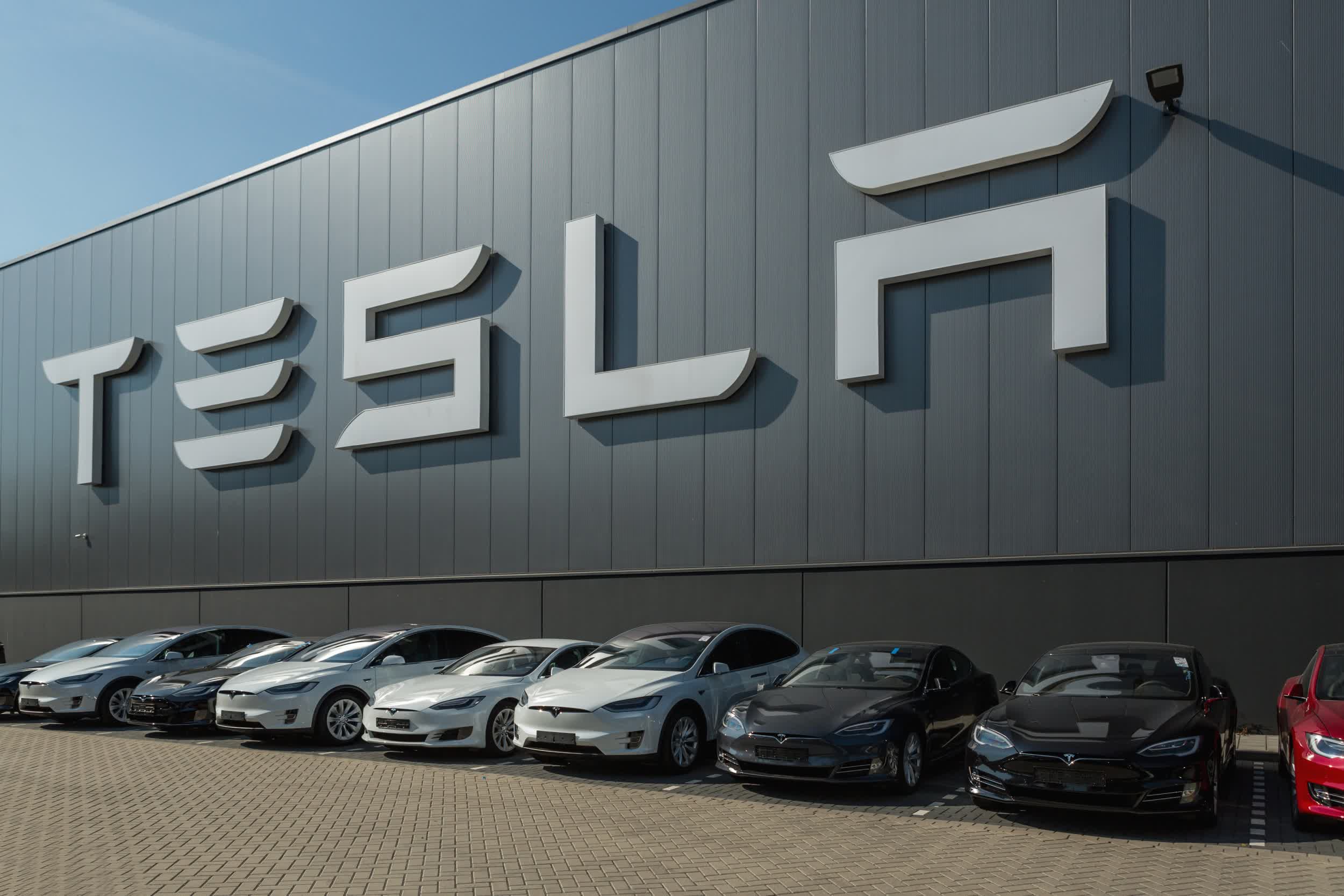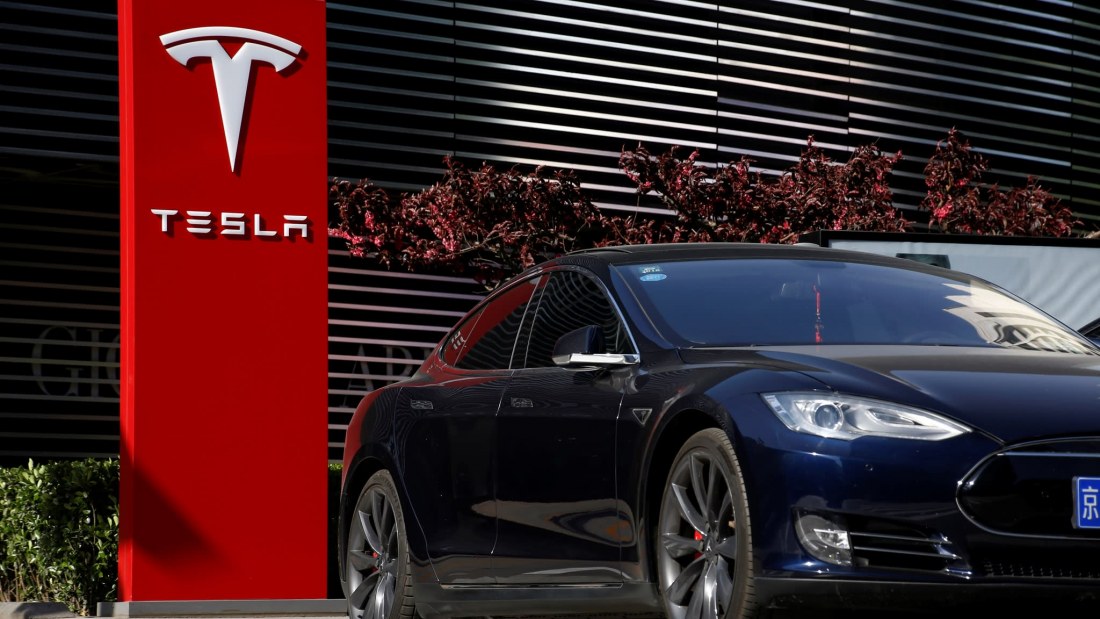In brief: Tesla will pay 1,743 Model S sedan owners in the US $625 as part of a $1.5 million settlement over claims a software update temporarily reduced their vehicles' maximum battery voltage, leading to a class-action lawsuit against the EV giant.
CNBC writes that the OTA update arrived in 2019 after a Model S caught fire in Hong Kong. Tesla said the update, pushed out over an "abundance of caution," would revise charge and thermal management settings on Model S and Model X vehicles.
But one Model S owner, David Rasmussen, said that the update had reduced the vehicles' battery charging speed, maximum capacity, and range temporarily. The matter went to court in August 2019.
Lawyers for the owners who sued said (via Reuters) that the "voltage limitation was temporary, with a 10% reduction lasting about three months, and a smaller 7% reduction lasting another seven months before the corrective update was released in March 2020."

Tesla released another update that restored around 3% of the battery voltage, with a third update arriving in March 2020 that fully restored the batteries' voltage. According to court filings, 1,552 of the affected vehicles had their max battery voltage restored, while 57 vehicles received battery replacements. Other Tesla owners who experienced battery throttling should see their Model S's maximum voltage restored as they continue to drive the cars.
The $1.5 million settlement includes $410,000 fees and costs for the plaintiffs' attorneys. Owners can expect just $625, which is "many times the prorated value of the temporarily reduced maximum voltage," according to the settlement documents. Engadget notes that affected owners in Norway can expect up to $16,000, the result of a lawsuit in the country over the same issue.
As part of the settlement, Tesla must also "maintain diagnostic software for in-warranty vehicles to notify owners and lessees of vehicles that Tesla determines may need battery service or repair for certain battery issues."
